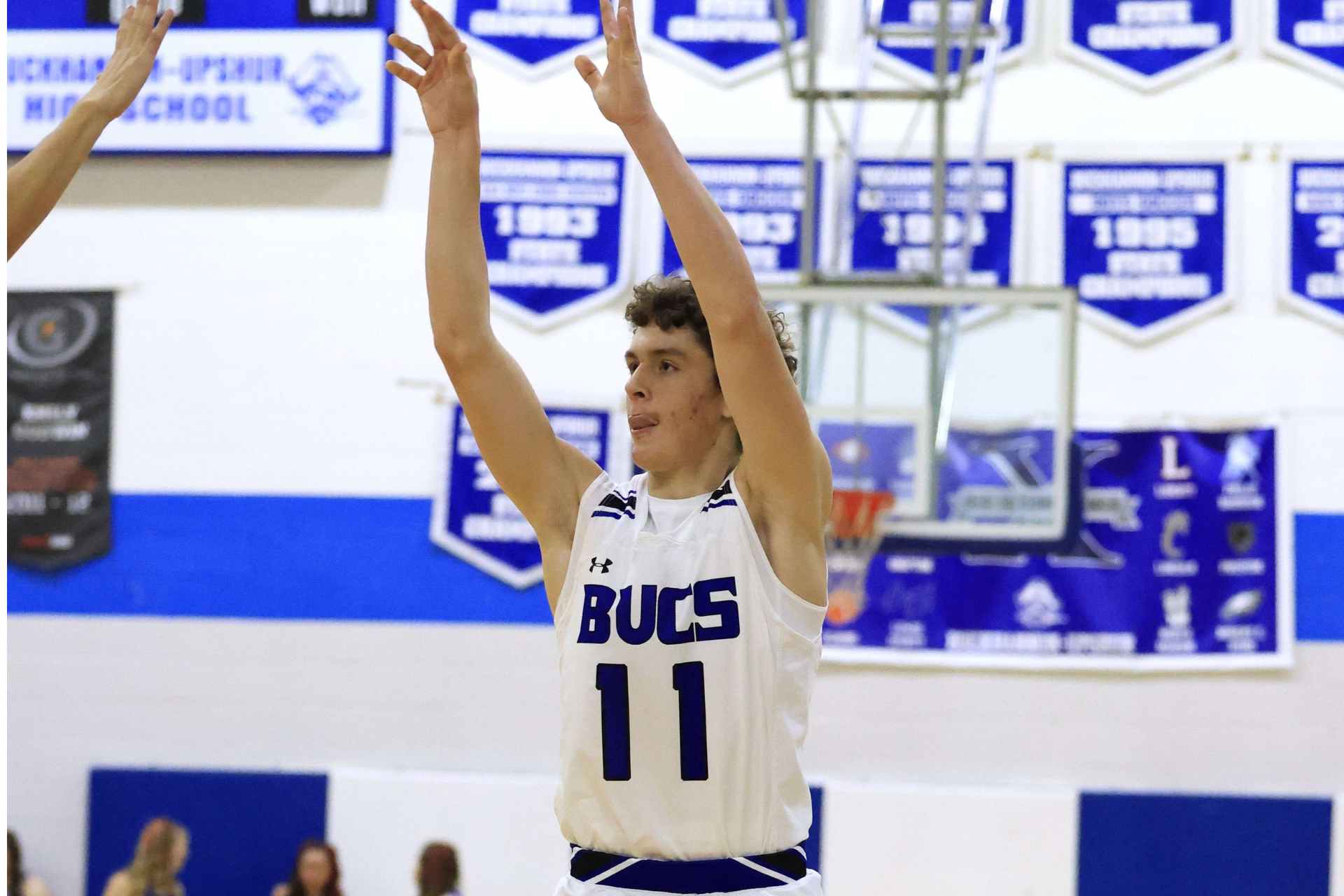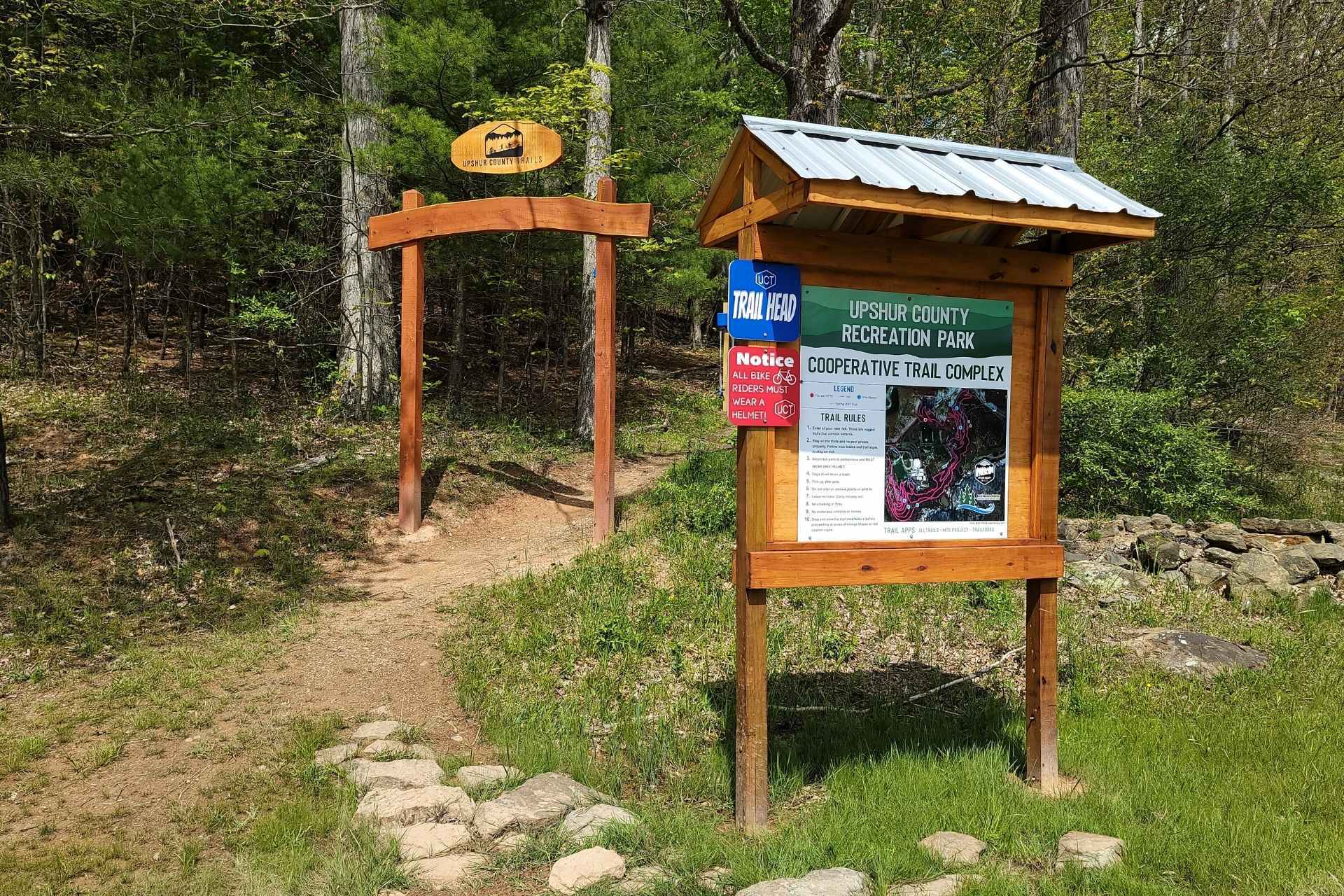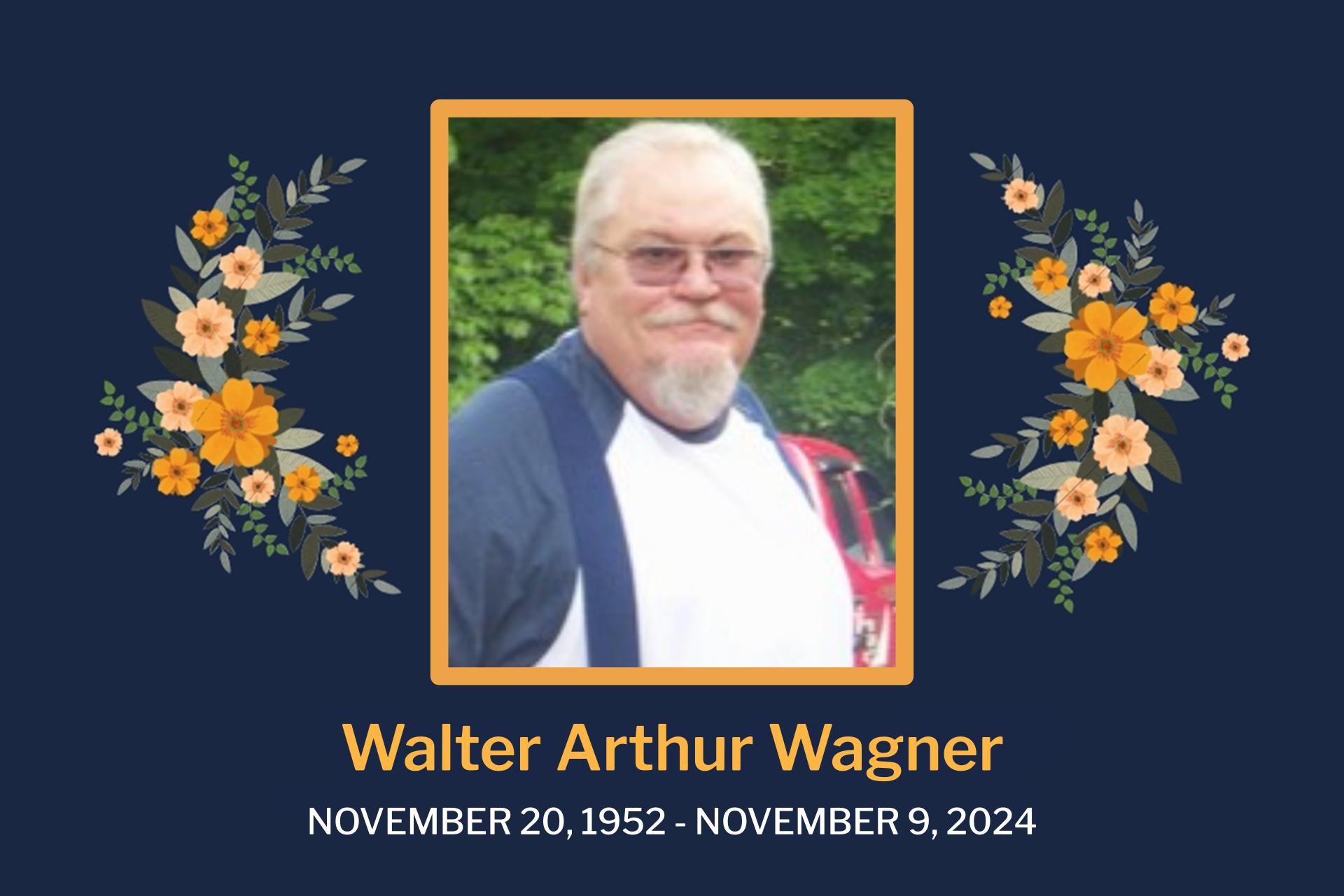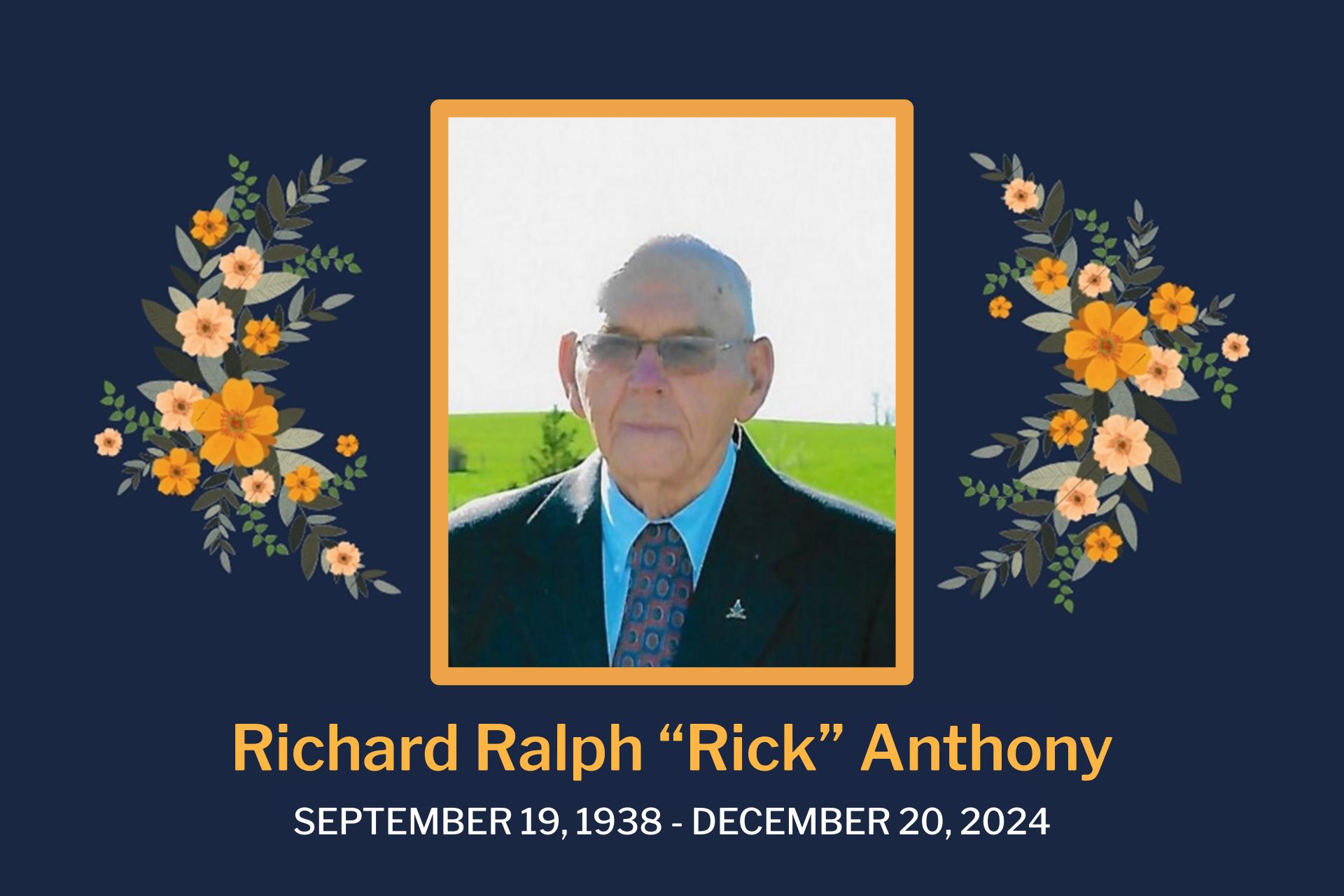The WVU Rockefeller Neuroscience Institute (RNI) is providing patients greater statewide and regional access to a groundbreaking Alzheimer’s disease treatment.
RNI stands at the forefront of Alzheimer’s care in part due to its use of monoclonal antibody (MAB) therapy to treat patients with mild cognitive impairment (MCI) or mild Alzheimer’s disease. The rising demand for treatment, coupled with the treatment schedule and the state’s rural infrastructure, drove the need to support patients closer to home.
Alzheimer’s disease currently affects nearly seven million Americans who are 65 and older, according to the Alzheimer’s Association. In 2020, approximately 38,000 West Virginians, or 10.2 percent of adults over the age of 65 in the state, had Alzheimer’s. Nearly 14 percent of West Virginians who are 45 and older have subjective cognitive decline, diagnosed when a person experiences memory loss or confusion but performs normally on cognitive tests. As Alzheimer’s becomes a mounting health crisis throughout the state and region, the need for readily available treatments grows.
The team at RNI became one of the nation’s early adopters in using MAB therapy to help slow progression of early onset or mild Alzheimer’s. The drugs aducanumab (Aduhelm), lecanemab (Leqembi), and donanemab (Kisunla) work to reduce the buildup of plaques in the brain. Patients receive the drugs through IV infusion.
Infusions of Aduhelm began in late 2021 at the WVU Cancer Institute. The treatment required one dose per month. In December 2022, WVU Medicine Wheeling Hospital offered its first infusion, and expansion to WVU Medicine Garrett Regional Medical Center in Oakland, Maryland, followed shortly thereafter. At the time, demand for the therapy was low, and because of the dosage frequency, there was adequate space to accommodate everyone, even if the trip tended to be long or cumbersome.
“Over the past several years, 30 percent and more of the referrals for our Memory Health Clinic have come from greater than two hours away,” Larry Georgiana, senior director of clinical operations for RNI’s Neurology Clinic, said. Patients were not only coming from all over the state, but also from surrounding states like Ohio, Pennsylvania, and Maryland. While not ideal, a once-a-month trip to Morgantown for an infusion seemed doable for most patients.
After the FDA approval of Leqembi in early 2023, the team at RNI transitioned patients to the new drug and phased out use of the now-discontinued Aduhelm. The Leqembi treatment plan calls for one infusion every two weeks, along with MRI testing at certain intervals over the first several administrations. This presented a new challenge – more doses and tests meant more trips to an infusion center. More patients in an infusion center meant less space for other patients. With an increasing number of people throughout the state affected by MCI or Alzheimer’s who would benefit most from the treatment, leadership at RNI knew further expansion was needed immediately.
The infusion program was launched statewide using a patient-centric approach, and as a result, it grew exponentially. The idea was to leverage the expertise at RNI and put patients through a multidisciplinary workup at RNI’s Morgantown campus, then get the patients started on the MAB therapy in their community.
“We knew if we’d set this up, we could help a lot of patients,” Marc W. Haut, director of the RNI Memory Health Clinic, said.
All patients receive an initial workup and examination at the RNI Memory Health Clinic. The workup follows stringent RNI protocols and includes MRI and PET imaging, blood tests, physical and neurological examination, and a neuropsychological evaluation.
After completing all tests, a multidisciplinary team develops a treatment plan. Patients then receive the IV infusion at the infusion center closest to them. Return trips to Morgantown are only necessary for follow-up visits and MRI imaging to check for side effects. Thanks to the connectivity within the WVU Health System, RNI team members can put in orders for patients allowing the infusion centers in the local communities to do the infusions themselves.
RNI’s treatment of early onset Alzheimer’s and mild cognitive impairment using monoclonal antibody IV therapy is now more accessible to patients statewide.
Along with the Cancer Institute, Wheeling Hospital, and Garrett Regional Medical Center, the program rapidly expanded to include WVU Medicine Princeton Community Hospital, Berkeley Medical Center in Martinsburg, and Thomas Hospitals in Charleston, which began offering the infusions in October.
“I am so thankful that we can provide advanced Alzheimer’s disease therapies to West Virginians,” Joseph Malone, chief of Cognitive Neurology, said. “Being in a rural area should not be a barrier to getting the best possible care, and RNI has put in incredible efforts to help patients access these therapies in their own communities.”
Physicians and patients in extremely rural areas of the state are already seeing benefits.
“For patients on a Leqembi treatment regimen, there are already a lot of stressors in their lives and for their families,” Stephen Cox, neurologist at Princeton Community Hospital’s Neurology Clinic, said.
“Having access to this Alzheimer’s treatment right here in our region of southern West Virginia and southwest Virginia eliminates the need for hours of travel to an academic medical center. This not only eases the emotional and physical burden on families but also improves the likelihood that patients can consistently attend all their appointments, which is crucial for the effectiveness of this treatment.”
“This has provided convenience to my family to be able to take me to the treatments without it taking a full day to drive to Morgantown or Princeton and back,” a patient at Thomas said. “When we first started going down the path of doing the infusions, those were the only two options. We live in Charleston, so we’re able to get it done in a couple of hours as opposed to a full day which, with all the other appointments and everything else we have to deal with, it makes it more convenient and manageable for me to get what I need so my husband can continue working. We don’t have to make arrangements for other people to take me.”
While the Alzheimer’s infusion program now serves more patients due to its rapid growth, opportunities for expansion into additional communities still exist. RNI is also working to extend its MRI testing to some of the participating communities, which will further reduce return trips to the main hub in Morgantown.
“Everybody wins here,” Georgiana said. “We win because we can provide patients with our expertise in this space. The patient wins by receiving the care they need in their own community. And then the community hospitals win because they can provide this care to their own patients and community.”




















